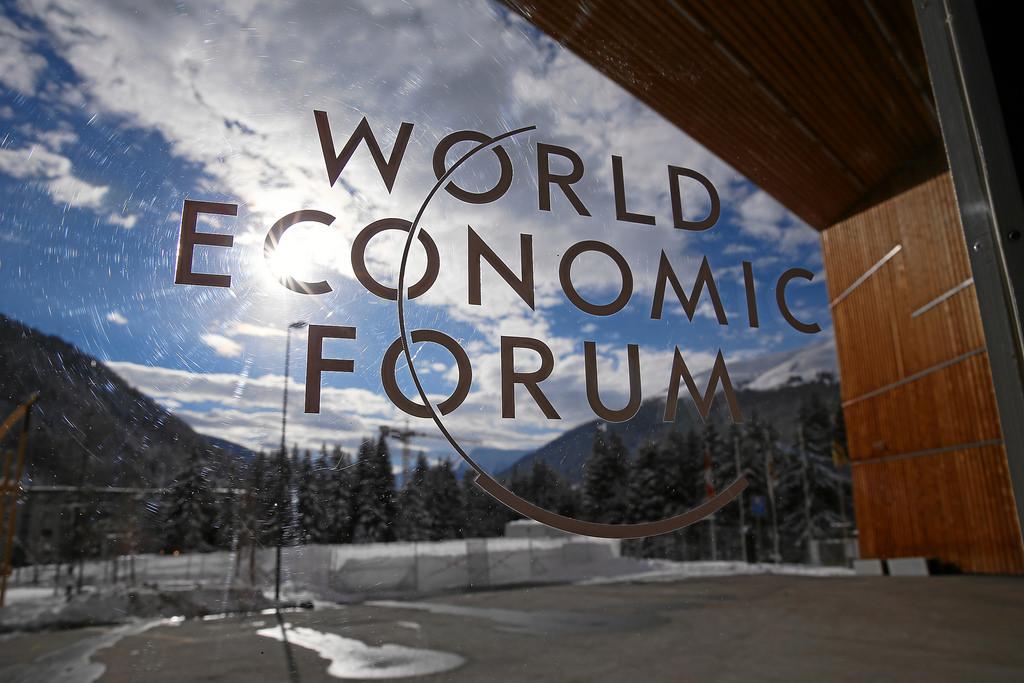
The annual gathering of global leaders known colloquially as Davos has been over for a few weeks. While attendees assessed the risks likely to batter the world economy in coming months and years, the World Economic Forum told us environmental threats dominate the list for the third year in row – both in terms of impact and likelihood.
“The time has run out for ignoring the power that nature has in addressing the climate challenge.”
WBCSD’s President and CEO Peter Bakker
The annual gathering of global leaders known colloquially as Davos has been over for a few weeks. While attendees assessed the risks likely to batter the world economy in coming months and years, the World Economic Forum told us environmental threats dominate the list for the third year in row — both in terms of impact and likelihood.
“Of all risks, it is in relation to the environment that the world is most clearly sleepwalking into catastrophe,” the report warned. After 2018 saw unprecedented heatwaves, storms and floods across the globe, extreme weather events topped the list of most likely risks and come third for impact.
The global inadequate response to deal with the threats posed by climate change and reduce greenhouse gas emissions — ‘Failure of climate-change mitigation and adaptation’ — was in second place on both lists, reflecting respondents’ increasing concerns about environmental policy failure.
The report added: “The results of climate inaction are becoming increasingly clear. The accelerating pace of biodiversity loss was also noted as a particular concern.”

The Director of the Tropical Forest Alliance, Justin Adams, having attended Davos commented on natural climate solutions and tropical forests.
“The challenge we face is cutting through the white noise and making sure key decision-makers realise what needs to change. We need to keep reminding leaders from government, business and civil society that a large part of the solution to climate change is already right under our noses, in the shape of nature — particularly our forests. The platform provided by the World Economic Forum in Davos provides an opportunity to set the stage for positive momentum, now we need to outline practical next steps. One set of actors alone cannot achieve the change we desire. Government, the private sector and civil society must work together. The Tropical Forest Alliance will prioritise strengthening partnerships, catalysing concrete action and shaping a forest positive agenda.”
WBCSD’s President and CEO Peter Bakker also underscored the critical role of the business sector in getting behind Natural Climate Solutions.
“The momentum around Natural Climate Solutions in Davos was clear. The time has run out for ignoring the power that nature has in addressing the climate challenge. We’re pleased to be working with partners like N4C and the World Economic Forum in pushing for more businesses and governments to step up and include natural climate solutions in their emissions reduction plans. The next step is to create the incentives for large-scale investment in protecting and restoring the natural environment — working together with leading companies through our NCS project.”